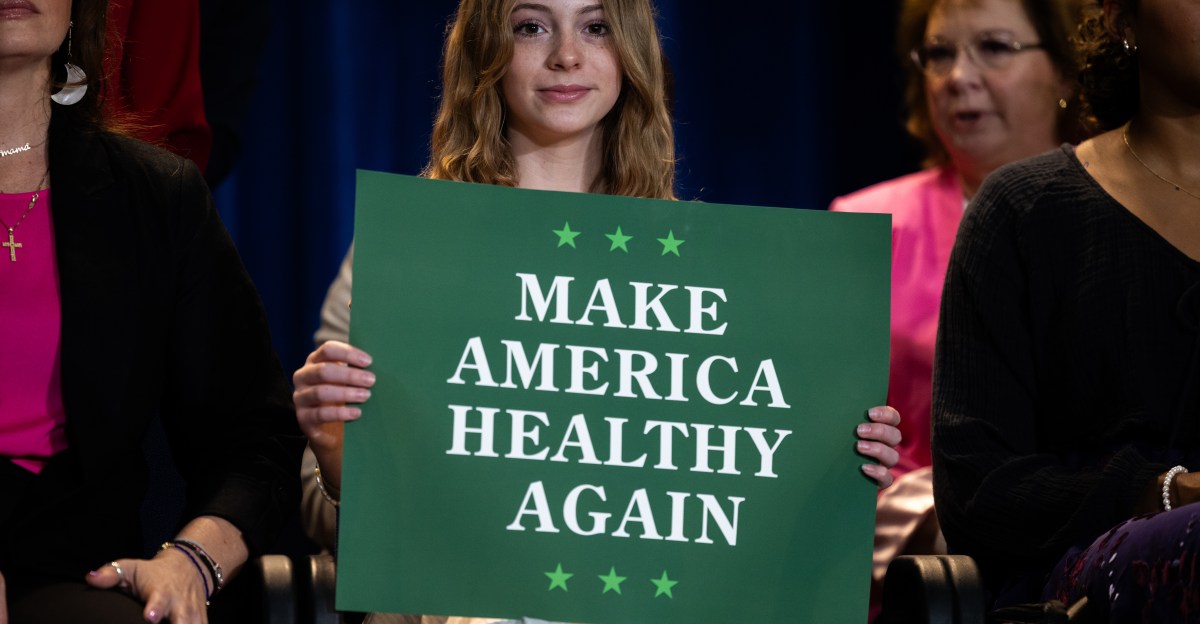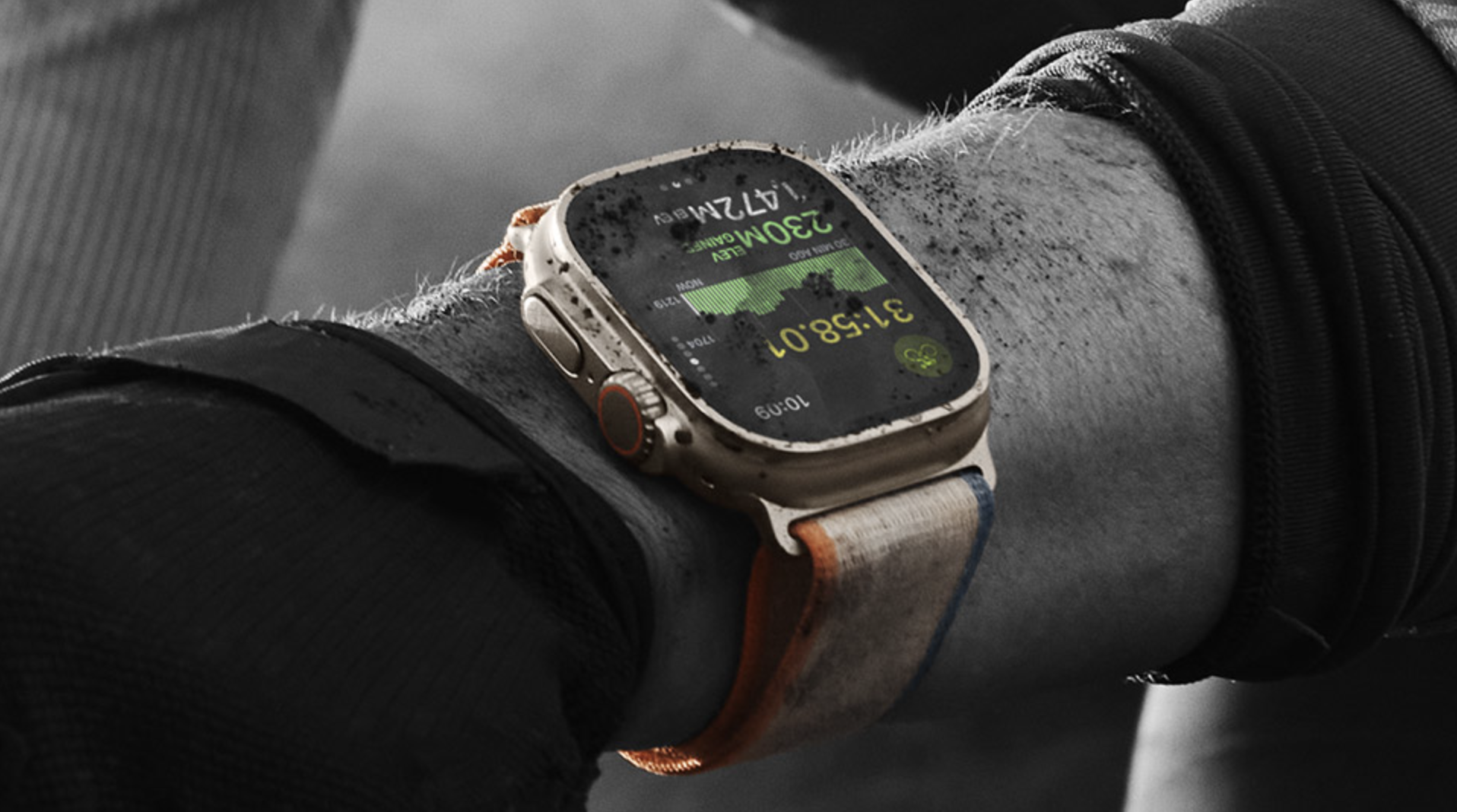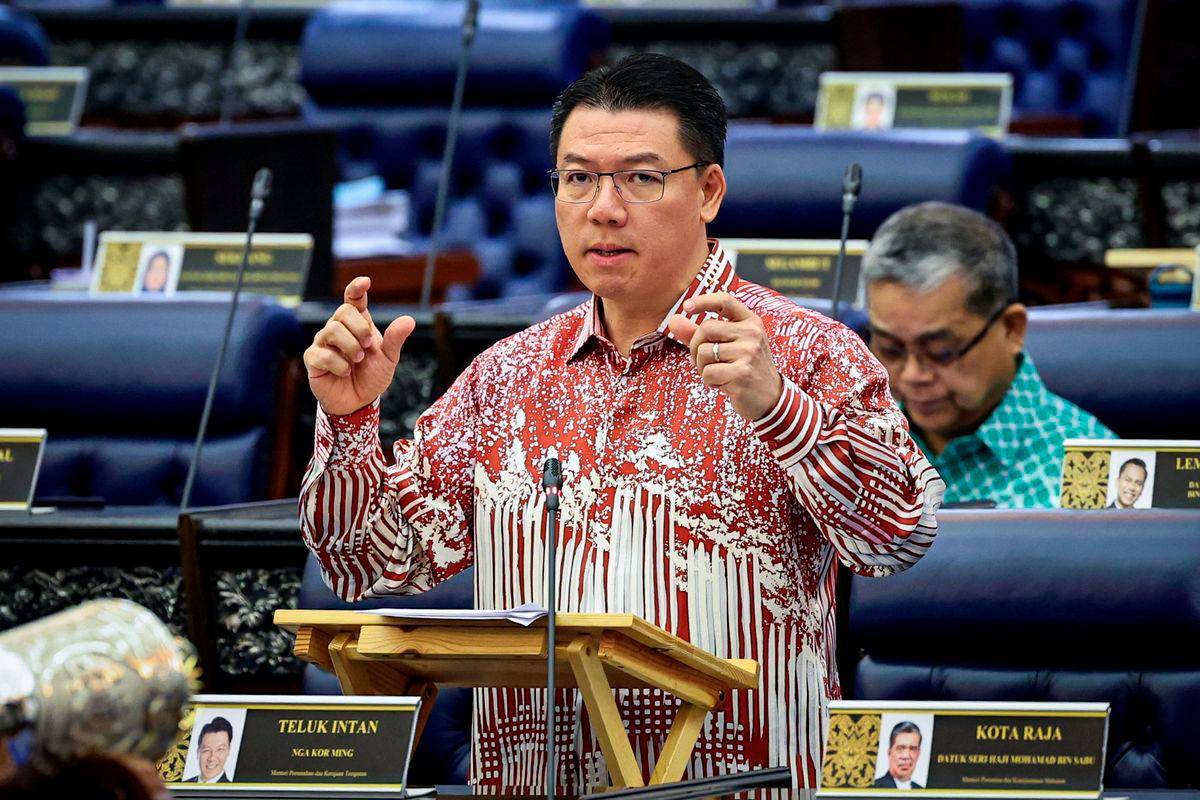Summary
RFK Jr. has launched an anti-vaccine, anti-public health expert movement at HHS. Those same experts are using social media to counter misinformation.
Source: vox.com

AI News Q&A (Free Content)
Q1: What role does RFK Jr. play in the anti-vaccine movement, and how has it impacted public health?
A1: Robert F. Kennedy Jr. has been a significant figure in the anti-vaccine movement, promoting misinformation about vaccines and public health since 2005. His advocacy against vaccines has contributed to vaccine hesitancy, leading to outbreaks of preventable diseases like measles. Kennedy's anti-vaccine stance is part of a broader set of conspiracy theories he supports, which include claims about vaccines causing autism—a notion that has been thoroughly debunked by scientific research.
Q2: How have social media platforms been used by public health experts to counteract misinformation about vaccines?
A2: Public health experts have increasingly turned to social media platforms as a means to counteract misinformation about vaccines. These platforms allow experts to reach a broad audience quickly, providing factual information and debunking myths. Studies show that social media can play a crucial role in disseminating accurate health information, although the challenge remains in combating the rapid spread of misinformation, often described as an 'infodemic.'
Q3: What are some of the socio-cultural factors affecting vaccine acceptance in communities, as observed during the COVID-19 pandemic?
A3: During the COVID-19 pandemic, socio-cultural factors significantly impacted vaccine acceptance. In places like Papua New Guinea, community narratives showed that strong Christian faith and prayer influenced both adherence to new health norms and vaccine acceptance or rejection. Misinformation, often spread via social media, also fueled fears about vaccine efficacy. Economic hardships and disruptions to social norms, such as communal gatherings, further complicated the public health response.
Q4: What insights have been gained from scholarly research on misinformation spread during the COVID-19 pandemic?
A4: Scholarly research into the spread of misinformation during the COVID-19 pandemic has identified that dissenting scientists who oppose the scientific consensus are amplified significantly on social media. This amplification is driven by user engagement with dissenting views, creating a false sense of consensus. Studies have highlighted the importance of accurate scientific communication and the challenges posed by the rapid dissemination of misinformation online.
Q5: How does the role of platforms like Telegram differ from traditional media in spreading COVID-19 information?
A5: Platforms like Telegram differ from traditional media by allowing the proliferation of user-generated content with minimal oversight. During the COVID-19 pandemic, Telegram became a significant channel for spreading controversial and misinformative content. In Singapore, distinct user archetypes contributed uniquely to COVID-19 and climate change discourse, demonstrating how social media can both inform and misinform the public.
Q6: What strategies have communities adopted to combat misinformation and adapt to new public health norms?
A6: Communities have adopted various strategies to combat misinformation and adapt to new public health norms. In Papua New Guinea, for example, community members actively sought localized solutions and risk prevention strategies. Despite economic hardships and disruptions to social norms, communities leveraged strong faith and local leadership to guide health practices. Social media was used both as a tool for spreading misinformation and for sharing accurate health information.
Q7: What are the implications of RFK Jr.'s anti-vaccine rhetoric for the broader public health landscape in the U.S.?
A7: RFK Jr.'s anti-vaccine rhetoric has profound implications for the public health landscape in the U.S. By fueling vaccine hesitancy, his actions undermine efforts to achieve herd immunity, particularly during pandemics like COVID-19. This hesitancy can lead to outbreaks of preventable diseases, posing a significant challenge to public health officials who work to maintain high vaccination rates to protect community health.
References:
- Robert F. Kennedy Jr.
- Learning from community narratives about the COVID-19 pandemic in Papua New Guinea.
- What social media told about us in the time of COVID-19: a scoping review





